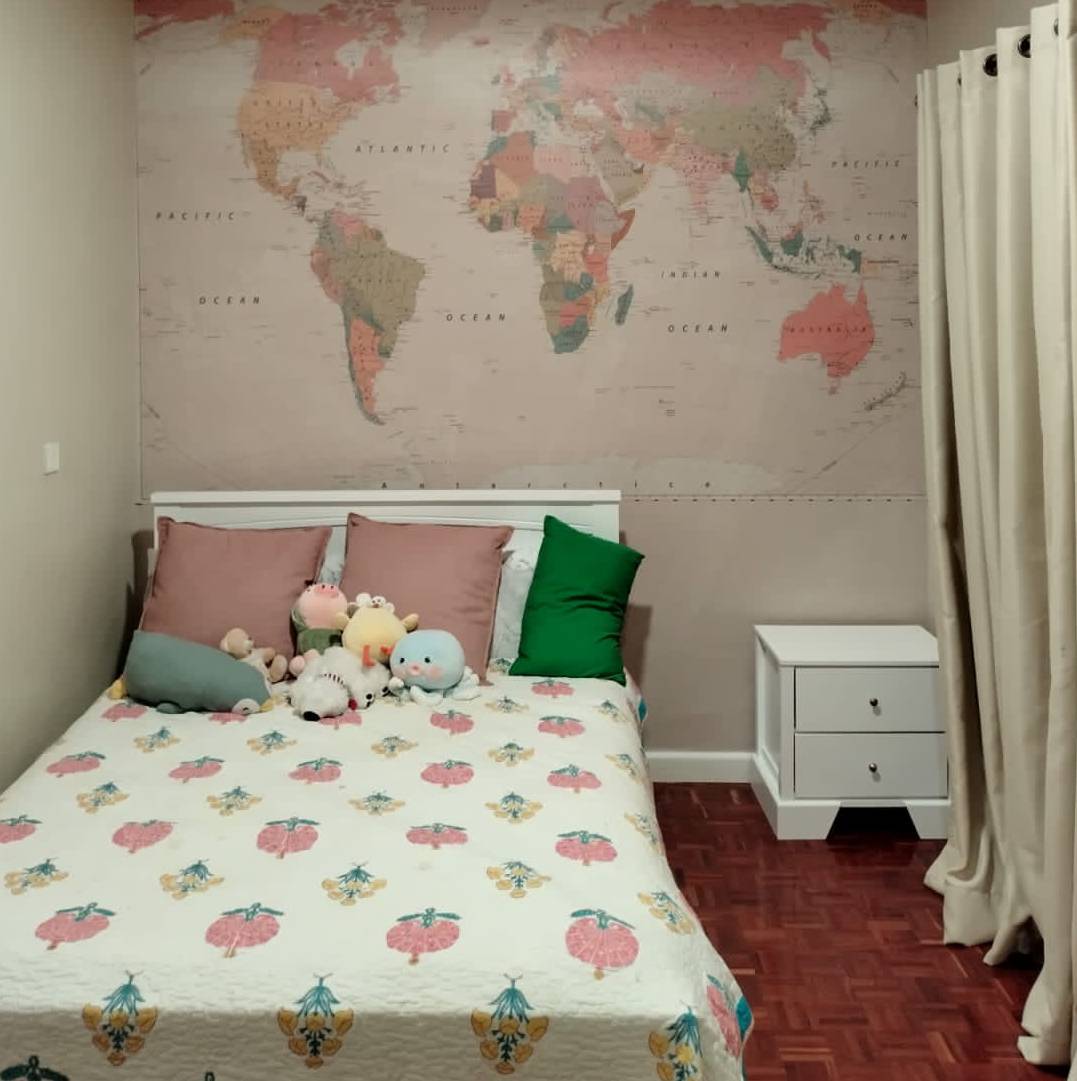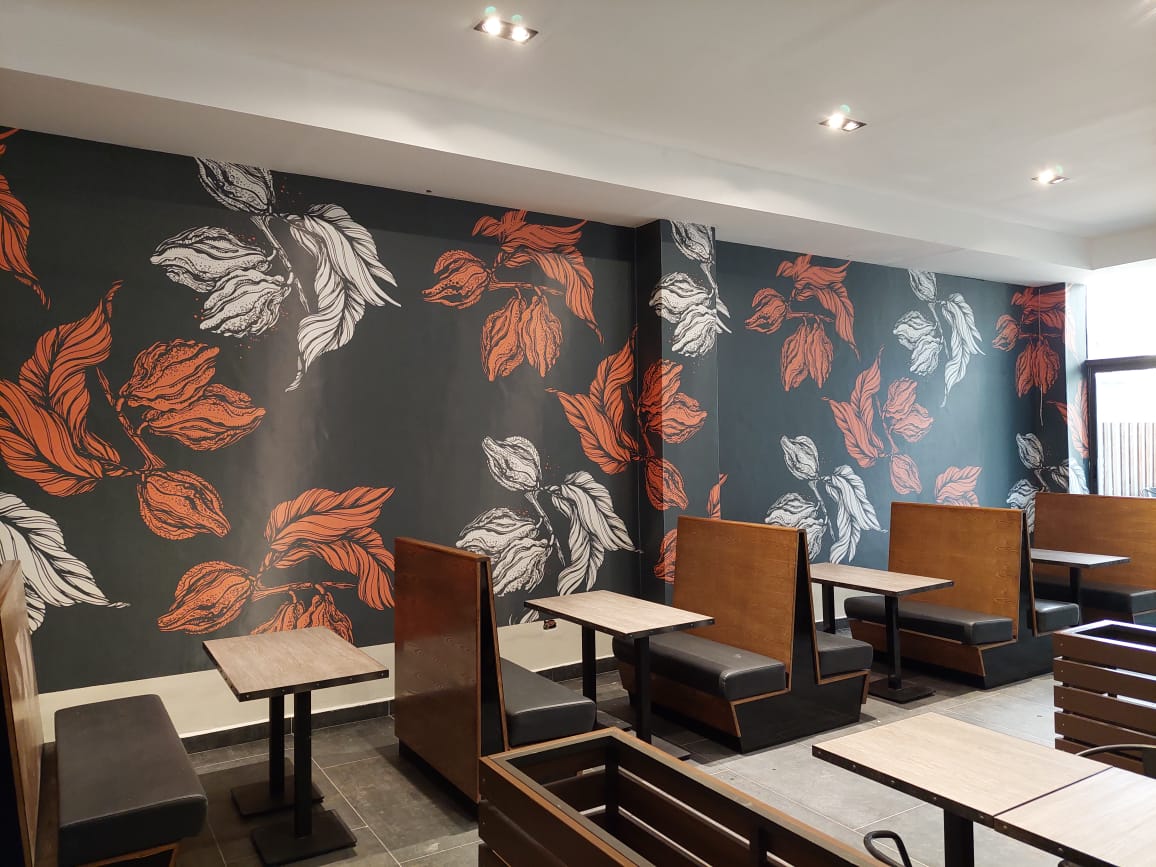Welcome to Interior Design Services



Furniture design
Why do you need furniture design?
When buying furniture, people are guided by functionality, convenience, and price. But the two most important factors are aesthetic appeal and design.
The furniture market is filled with serial products for every taste. However, you are often looking for something special and original. Often, non-standard sizes, special functionality, compliance with a certain style, etc. are required.
Furniture design allows you to realize this need. Often, the interior may contain one designer item that will make the room stylish and original.
A furniture design project is a set of documents with a visual representation of the future set, data on the configuration and dimensions of each element, and information on materials. A design project allows you to evaluate all the features of the furniture composition, from its appearance to its functionality.
Our specialists develop design projects for your future furniture using graphic programs that support 3D visualization functions.
Eco-design of furniture: principles, trends and brands

Eco-design is design based on respect for nature. It takes into account the environmental impact of products throughout their life cycle. In the furniture industry, eco-design includes choosing sustainable materials, using energy-efficient technologies in production, and minimizing waste.
Principles of eco-furniture design
Basic principles of eco-furniture design include:
- Sustainable materials: Select materials based on their sustainability and renewability. These can be recycled materials, as well as materials that are easily biodegradable.
- Energy efficiency: Production methods that minimize energy consumption are key. This includes the use of modern technologies and equipment.
- Reduce Waste: Eco-design involves designing and creating products that can be refurbished, repaired, or recycled to extend their lives and reduce waste.
- Packaging and Delivery: Efficient packaging made from recyclable materials and low carbon logistics are also important aspects.

Trends in eco-furniture design
Key trends in eco-furniture design include the use of natural materials such as wood and stone and the use of waste in furniture production.
For example, many designers today use recycled plastic and other waste materials to create unique and stylish furniture pieces. “Upcycling,” or turning old items into new ones, is also gaining popularity.
Innovations in eco-furniture design
With the constant development of technology and increasing interest in environmentally
sustainable solutions, eco-furniture design is becoming increasingly innovative. For example, there are certain lines of furniture that are made from 100% recyclable materials, ensuring an “infinite” product life cycle.
Another example of innovation in this area is the use of bioplastics and other materials developed from renewable resources instead of traditional petroleum-derived plastics.

The benefits of eco-design for the environment and society
Eco-friendly furniture design helps reduce environmental pollution, reduce the consumption of natural resources and reduce waste. It also helps improve the lives of many people by promoting fair working conditions and social responsibility.
The benefits of eco-design for the environment and society
Ultimately, choosing eco-design furniture isn’t just about helping the environment. It also allows you to create a unique, stylish and comfortable interior that reflects your values and inspires respect for nature.

